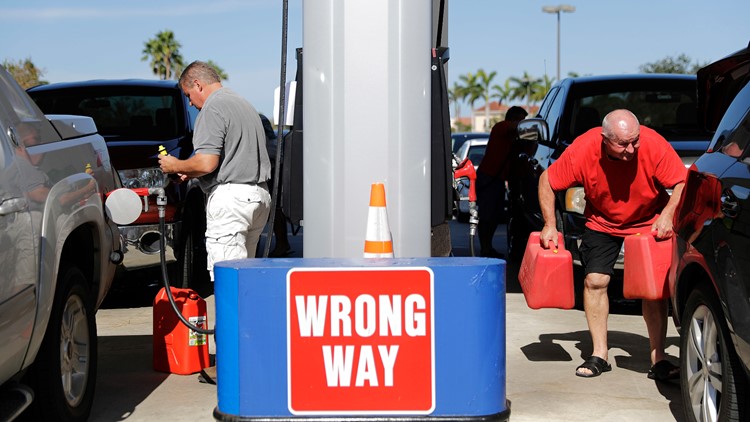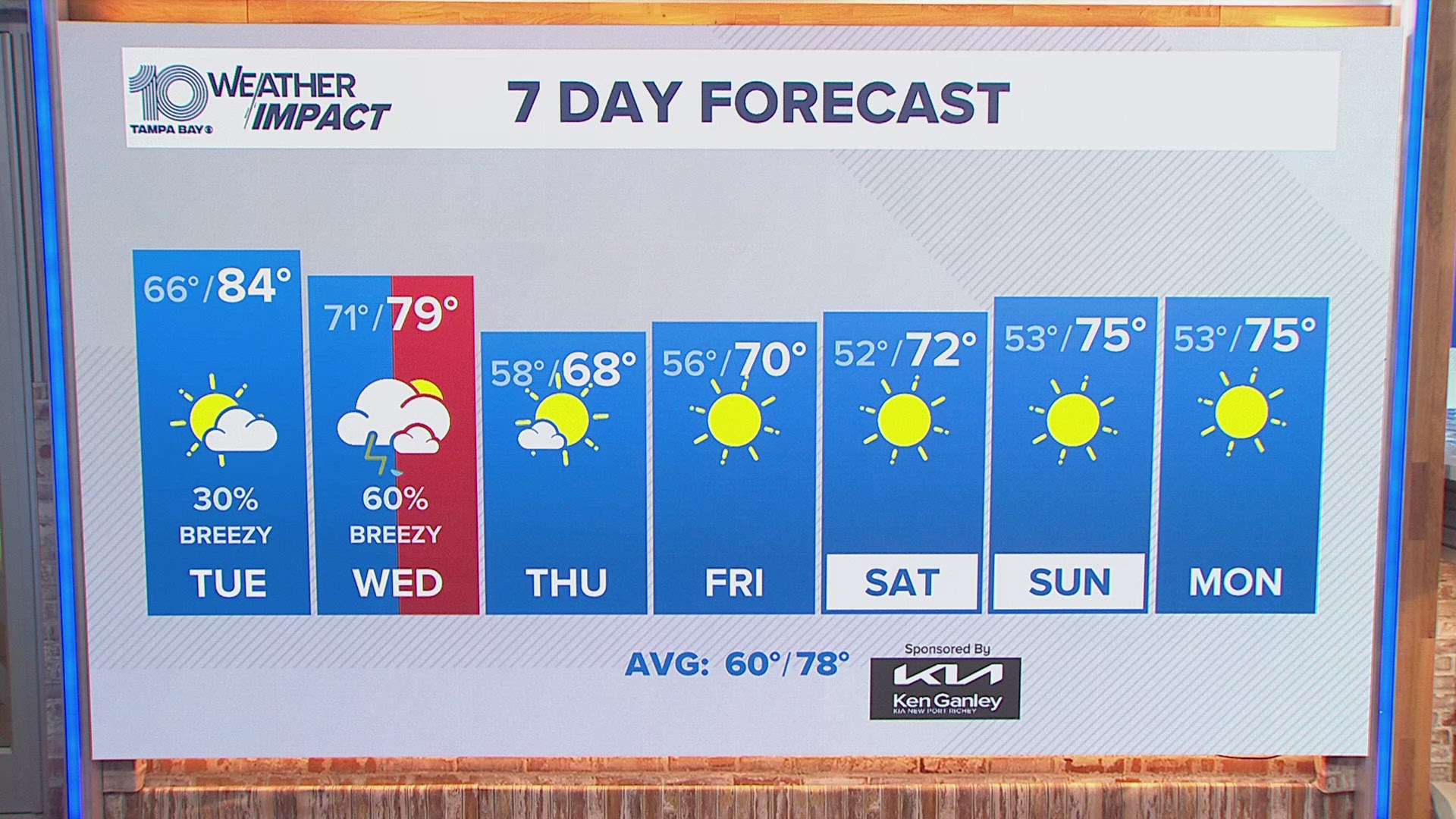It sounds simple, but when people get desperate they stop thinking clearly.
That was the explanation Wednesday that the U.S. Consumer Product Safety Commission said warranted it to warn people to not fill plastic bags with gasoline.
Wednesday was the sixth day of the shutdown of the Colonial Pipeline, the largest fuel pipeline network in the country. The shutdown, which followed a ransomware cyberattack last week, stopped 2.5 million barrels per day of fuel shipments.
Early Wednesday evening, Energy Secretary Jennifer Granholm indicated Colonial Pipeline leaders were resuming operations on the pipeline.
The pipeline stretches 5,500 miles from U.S. Gulf Coast oil refineries to consumers in the Southeast and Mid-Atlantic states. It’s responsible for transporting 45 percent of the East Coast’s gasoline, including to parts of northern Florida. The Tampa Bay area's gas supply gets shipped to the Port of Tampa and is not affected by the pipeline.
This temporary shutdown caused many cities in the southeastern United States to run out of gas, in part due to a surge in demand. Even in Tampa, which is not affected by the pipeline, a few gas stations have temporarily run out of gas as people have made panic buying decisions to hurry and fill up their tank – despite experts trying to get them not to.
Panic buying is the term used when people purchase abnormally large quantities of products, assuming there's going to be some sort of shortage. That fear of shortages can be enough to lead to actual shortages. That's part of what we're seeing along the pipeline's route.
In this case, the fear was that the pipeline could be shut down for an extended period of time. Sometimes, the fear is an approaching tropical storm or hurricane.
Either way, stockpiling gas makes any potential shortage worse. Also know that whether it's a concern of a shortage or a tropical cyclone threatening Tampa Bay during hurricane season, storing gas is dangerous.
Here are some dangers of gasoline that are often underestimated, from PreppersSurvive.com:
Gas Vapor: Hazardous vapor is produced by gas. When it's released, the fumes travel downward and can become concentrated in closed environments. Water heats or engines could easily spark fires.
Breathing Dangers: Breathing gas vapors can lead to asphyxiation and death.
Explosions: Excessive heat, vapors exposed to an ignition source, or direct contact with fire, can cause explosions. A single spark is enough to make a leaky gas container explode.
Like Dynamite: The vapor produced with just a single cup of gas can produce the same force as five pounds of dynamite. It's not safe to store your fuel containers on surfaces that can produce static electricity. Those would include carpets, often found in garages.
Dangerous Transportation: The risk of exposing gasoline to static electricity, sparks, or damage to the containers are increased when transporting fuels. They need to be properly packed and sealed in containers approved for fuel and you need to follow the manufacturer's instructions. Damaged gas containers can leak gas or release vapor that can lead to explosions.
What other people are reading right now:
- Gov. DeSantis declares state of emergency over cyberattack targeting Colonial Pipeline
- Are there any gas shortages in my area?
- Doctors recommend 'smell training' for COVID-19 related loss of taste, smell
- Make checking your insurance coverage part of your hurricane preparedness plan
- DA to seek death penalty, hate crime charges against 22-year-old arrested for Atlanta-area spa shootings
►Breaking news and weather alerts: Get the free 10 Tampa Bay app
►Stay In the Know! Sign up now for the Brightside Blend Newsletter



